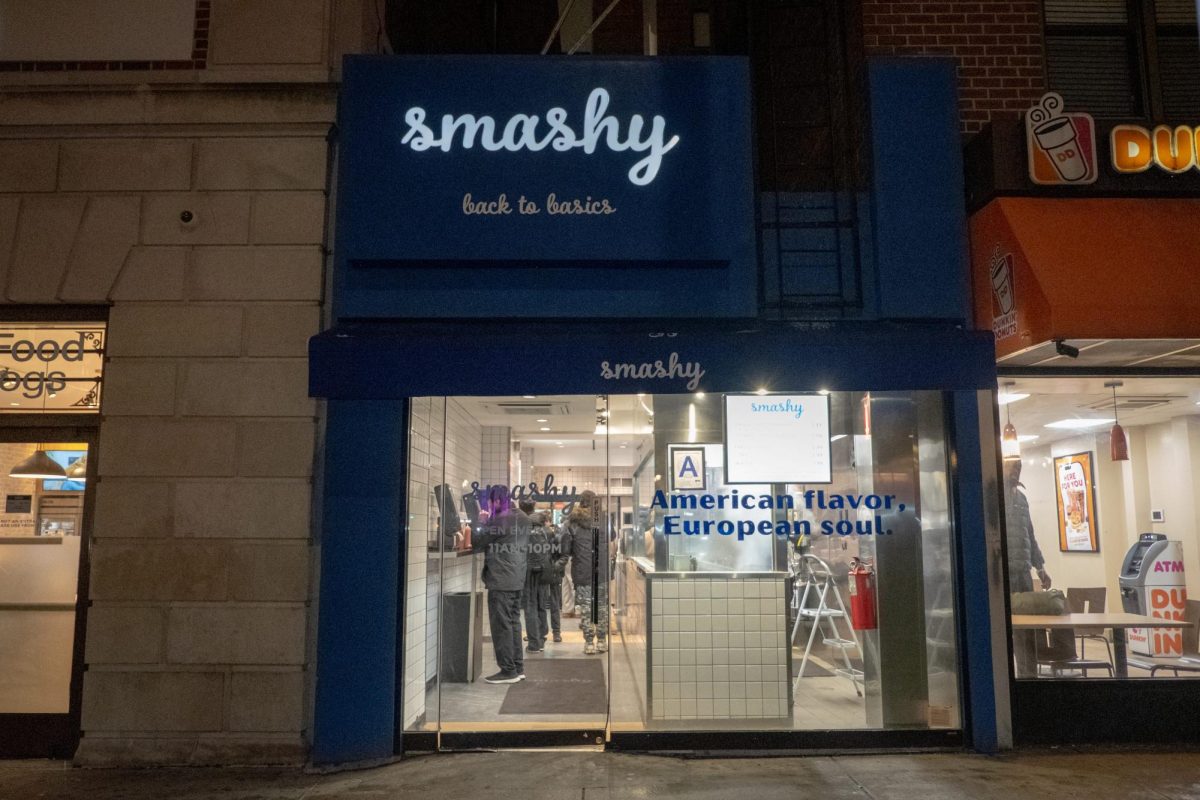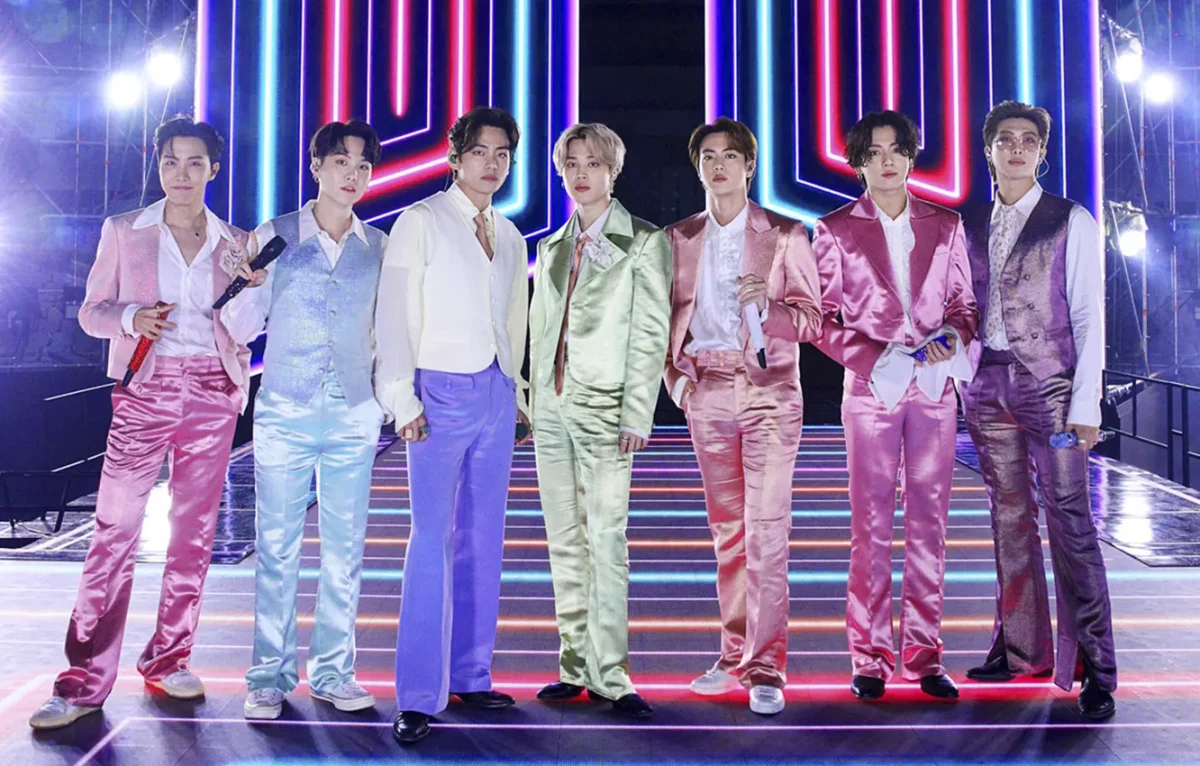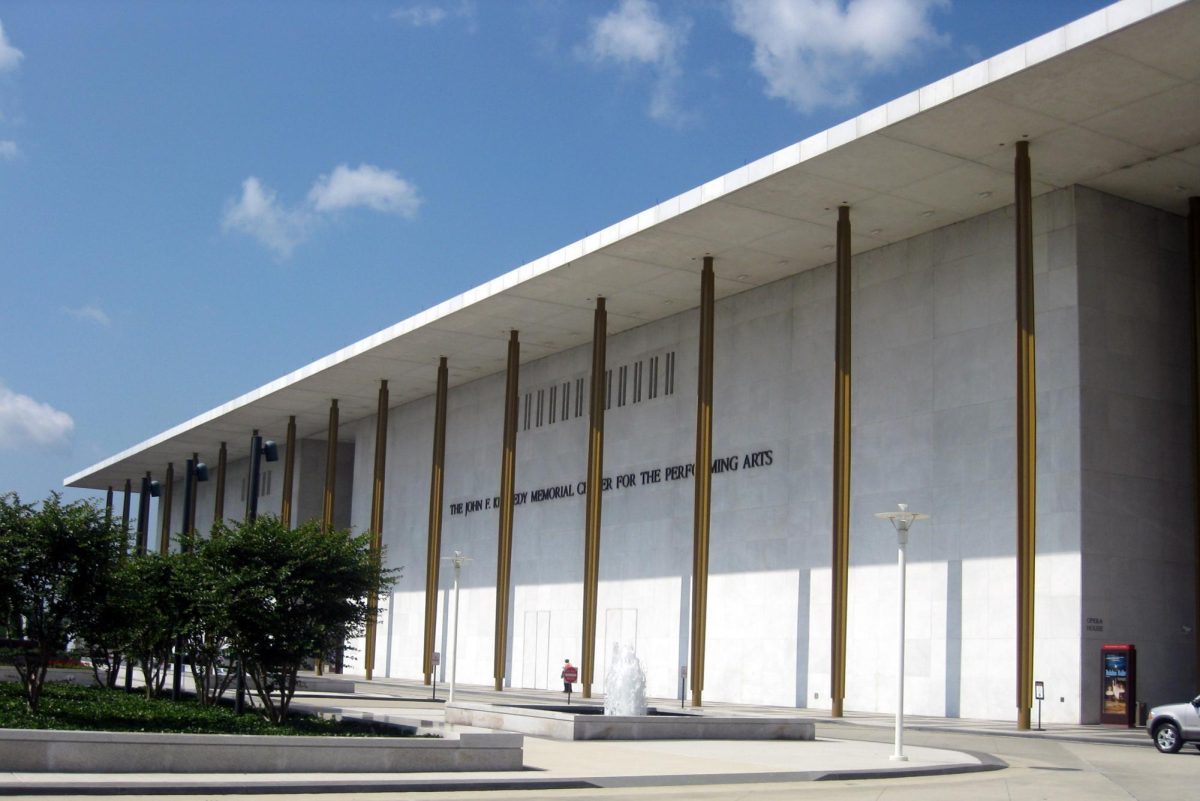Greek director Yorgos Lanthimos established his unique sense of humor in English-language films over the past few years. Even as each film differs from the others in its overall style, The Lobster, The Killing of a Sacred Deer and — Lanthimos’ latest release — The Favourite are all heavily infused with dark humor and a subtle, quiet sort of comedy.
Lanthimos’ newest film is a gorgeously done production with a flavor all its own. The director toys with the bizarre and provides uniquely fun rides for willing audience members. Those who don’t care for the experimental or strange in their movie-going experiences would do best to stay away. Not as unpleasant as Sacred Deer or as distressingly absurd as The Lobster, The Favourite is still a work that distinctly fits within Lanthimos’ portfolio and is, therefore, not for everyone.
The Favourite takes place during the 18th century and features conversation around a war between England and France. The what, where and why don’t exactly matter as the vague conflict really only exists to be an impetus for action, something to use as a background for establishing the triangle of Queen Anne, Lady Sarah and Abigail, played by Olivia Colman, Rachel Weisz and Emma Stone, respectively. The story is based on historical facts, but, once again, that doesn’t really matter.
What does matter is the general conception of alliances and what people want. Sarah wants to use her long-lived and deep friendship with the queen to her advantage. Abigail wants to rise out of her position as scullery maid — even as she keeps falling throughout the film. Nicholas Hoult plays Harley, who wants the war to end, while Sarah wants it to keep going. Anne wants to be loved, but it’s not an easy request to meet.
Colman plays Anne with a childlike naiveté, helped along by her dialogue such as the absentminded question of whether the war is still going on.
Anne is a mess, physically and mentally, and is a great source of Lanthimos’ best humor in the film. Even as she rules, she is petulant and mopey, with an indecisiveness that can be a delight to viewers even as it vexes the characters around her. As everybody vies for power, it’s important to remember that Anne holds it, and everybody needs her to wield it for them.
Power in The Favourite is derived from placement and space, the thematic value that Robbie Ryan’s unique cinematography offers. This film doesn’t look like a lot of other movie; the film relies on a lot of fish-eye visuals, where straight lines curve inward and large spaces can be seen in full, and most of The Favourite is shot from down below. By shying away from visual convention, the film creates a distortion wherein the captured world seems a little bit off. Even so, Ryan’s style acts as an evocation of power.
Certain comparisons tend to automatically bring scorn due to their seeming obviousness or lack of imagination, but even with this in mind, it’s hard to watch The Favourite and not see echoes of Citizen Kane. Characters loom, cameras lay low, the high ceilings are prominent and big, empty spaces are for the people who are meant to be rich and powerful. Charles Foster Kane’s extravagant palace swallows him up with its empty space in Citizen Kane. In The Favourite, characters vie for space to dominate great halls and grand rooms, seeking the power that comes from controlling one’s environment, as Kane so desperately sought.
Abigail’s journey is dependent upon space. She starts off crammed, not even able to stop the lewdness of a man in her carriage. As she gains space to breathe, she begins to feel more comfortable to rise into power. In Anne’s chamber, Abigail grabs and touches things because she can. As Abigail navigates the chambers of power, she faces the world with a biting, strong will and Stone’s trademark awkwardness, bridging a world of polite backstabbing with a modern palette of outwardly expressed emotions.
The Favourite can only partially be called anachronistic as its language, musical tone and production design create the sense of 18th century monarchy.
Even the chiaroscuro lighting is derived from the candles and windows that brought palaces out of the darkness before the harnessing of electricity. Still, there are quirks and little beats where the facade cracks away and absurdity reigns supreme as Lanthimos rules his film.







